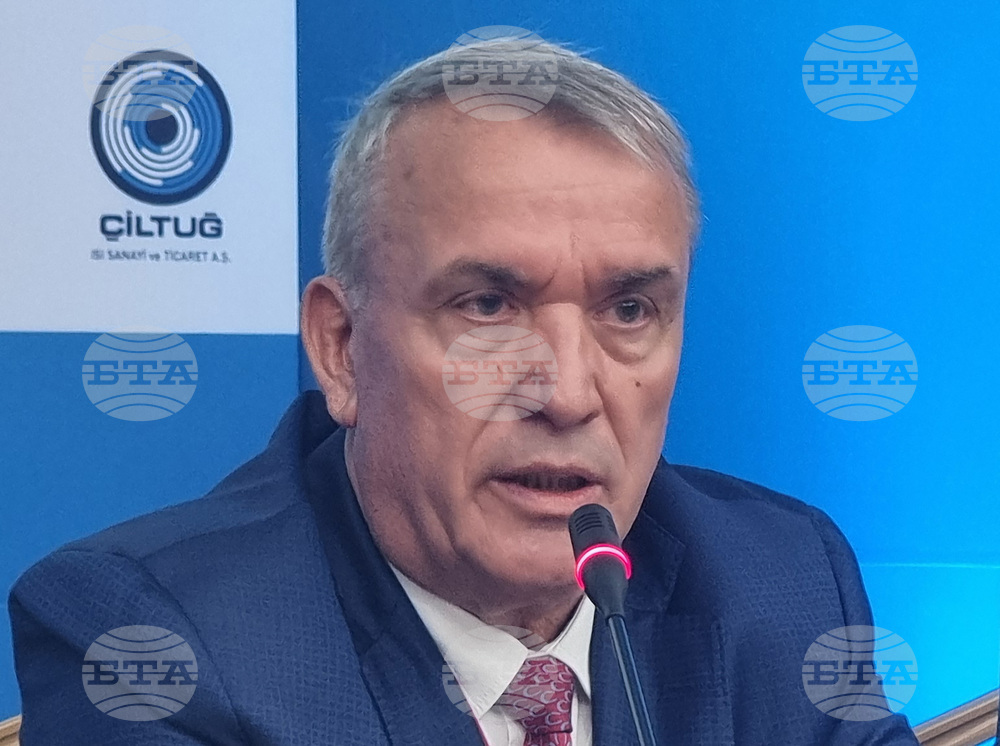site.btaBulatom’s Manchev: 15,000 Workers Needed for Kozloduy Plant Expansion


Bogomil Manchev, Chair of the Management Board of the Bulgarian Atomic Forum Association (BULATOM) noted that the construction of the seventh and eighth units of Kozloduy Nuclear Power Plant will require around 15,000 workers. Manchev emphasized Bulgaria’s need to develop qualified staff in two major areas: one with expertise in nuclear power plant development and investment policies, and the other with expertise in overseeing the project's development.
At the BULATOM-organized traditional International Nuclear Conference in Varna, caretaker Minister of Energy Vladimir Malinov emphasized that nuclear power remains a key priority for Bulgaria.
Speaking at the conference, Manchev explained that the construction of units 7 and 8 requires a team of about 200 people, part of the "New Builds" enterprise. A technical consultant to oversee the construction of the two units would be essential, starting with a team of 100 and increasing it to 350 over the next phase. Manchev also emphasized the unique role of the project's legal adviser, noting that only three European companies specialize in handling such agreements.
The BULATOM Chairman highlighted the complexity of the construction of the two units, requiring 15,000 staff, including 1,000 engineers and 1,000 top-tier welders - skills currently in short supply on the domestic labour market. Construction is expected to start in five years due to the lengthy global licensing process.
He raised concerns about Bulgaria's workforce capacity for a new construction project and stressed the importance of state preparations. He highlighted a political decision to build the two units, but warned about potential organisational issues, citing delays and budget overruns in similar projects in Finland and France.
Manchev indicated there would be time to train personnel during unit construction. He believes the younger generation would see nuclear energy's potential and career opportunities, leading to enough individuals eager for training.
Household electricity prices remain regulated, but market liberalisation is necessary, said Manchev. The government needs to educate the public on efficient electricity usage and categorize families by energy consumption. This involves identifying energy-deprived households and setting reduced-cost energy limits for them.
Manchev argued that electricity prices will rise due to societal interconnectedness. He noted the disparity between Norway's 42 cents per kilowatt-hour and Bulgaria's 8.5 cents, attributing the difference to transmission costs.
The European Green Deal mandates reducing emissions and decreasing large-scale power consumption, setting specific targets that must be achieved, said Manchev. He sees nuclear energy as the primary component of the energy market, with renewable energy sources playing a supporting role. Hydrogen energy is not yet widely discussed but is expected to be a future focus, he added.
/DD/
news.modal.header
news.modal.text